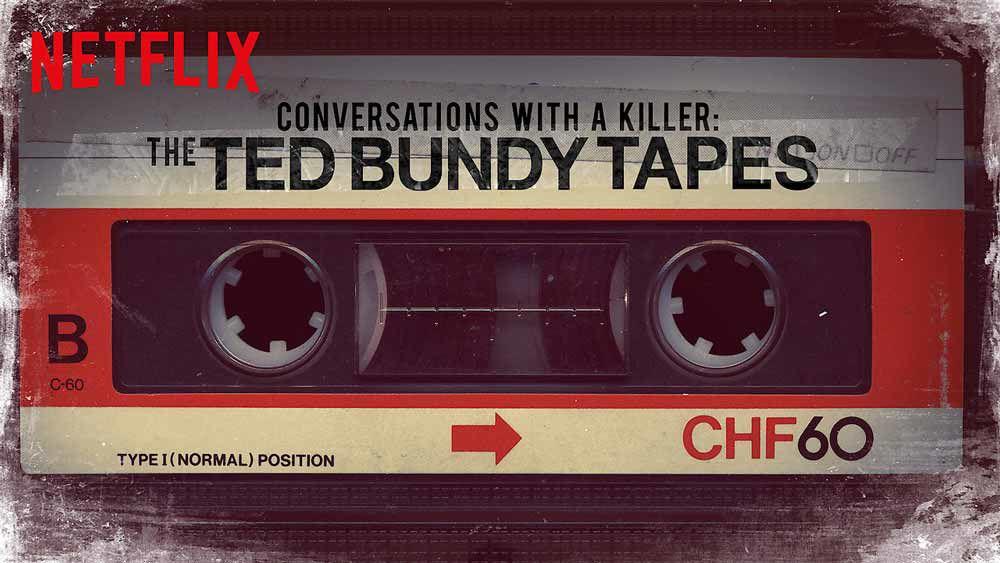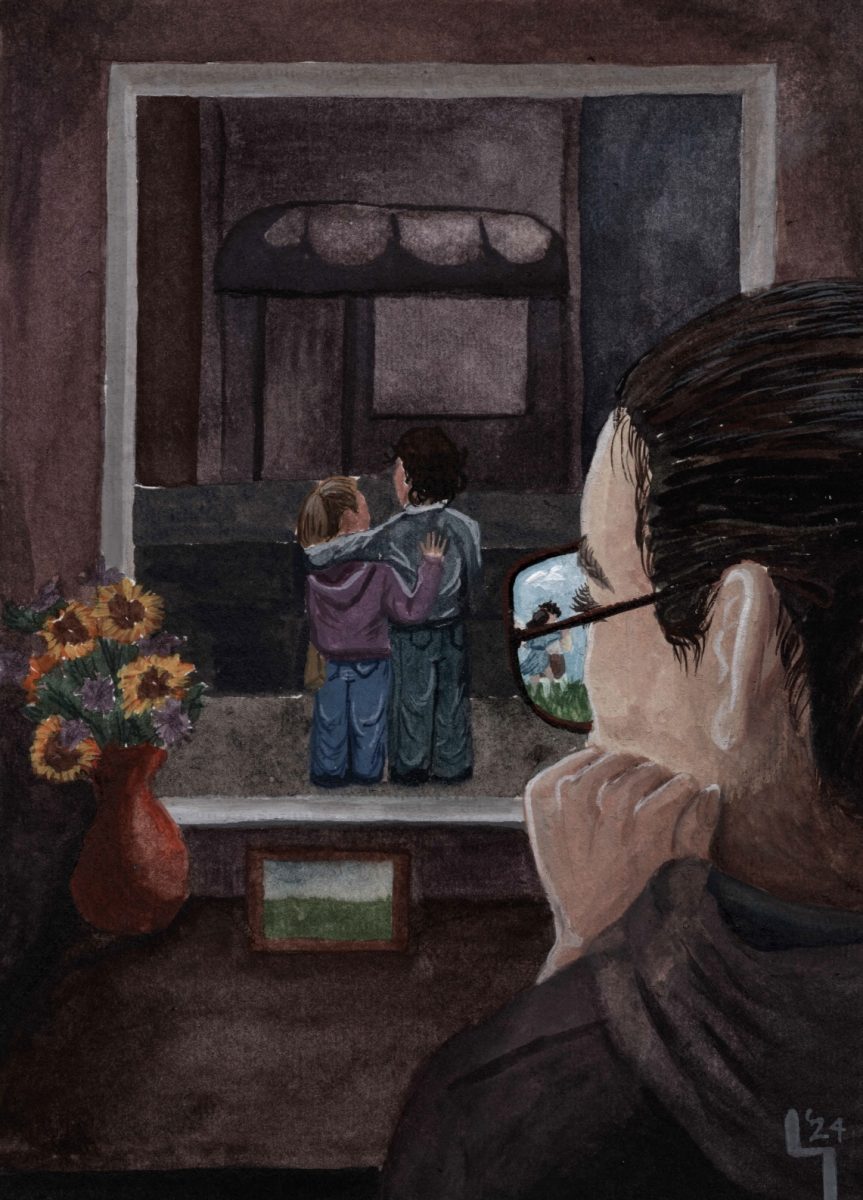In conjunction with the controversial film “Extremely Wicked, Shockingly Evil and Vile,” which premiered at the Sundance Film Festival a few weeks ago, Joe Berlinger released a new documentary miniseries on Netflix titled “Conversations with a Killer: The Ted Bundy Tapes.”
The four-part documentary was built around hours of personal interviews with Bundy himself and attempted to capture a comprehensive view of his life. Although not as revealing as Netflix’s advertising claims, Berlinger’s documentary is overall a conclusive look at the void that is Bundy’s mind.
The line between depiction and glorification of a serial murderer is not always as clear as it may seem. Bundy, who spread fear across the country during the 1970s, is often regarded as the most notorious serial killer of all time. Bundy himself relished the media attention he received and used it to fuel his already inflated ego. So when depicting his life in a documentary, especially one that uses Bundy’s own words as the backbone of the series, it is nearly impossible to always stay on the correct side of the line. Overall, Berlinger’s examination of Bundy’s life stays within the confines of depiction and not glorification.
Although the documentary is based around the audio recordings of Bundy’s interviews while on death row, Berlinger undermines much of what Bundy claimed in the interviews by proving that Bundy was a compulsive liar. This builds a compelling case against the celebrity image that Bundy created for himself, and chips away at the “normal” exterior that Bundy was often said to maintain. In doing this, the tapes of Bundy answering questions regarding his childhood come under scrutiny as well.
Bundy’s answers regarding his crimes are portrayed as correct and irrefutable, while his depiction of his childhood is viewed as a narcissistic ploy for media attention. Netflix presented this series as Bundy personally admitting and describing each of his crimes in detail, but it is ultimately just an overarching look at these crimes.
In many modern productions involving true crime, the victims are not usually the centerpiece of the film. However, one of the positive aspects of Berlinger’s documentary is the reverence paid to each of Bundy’s victims. Each of the victim’s stories is presented in a way that keeps the them in the spotlight and never slips into elevation of Bundy. Despite the status that Bundy has attained in response to his place in American history, Berlinger seeks to represent those who were directly and indirectly affected by his heartless acts.
As compelling as the docuseries is, this is clearly only half of the story that Berligner is telling. His fictionalized account of Bundy’s story, “Extremely Wicked, Shockingly Evil and Vile,” is set to be released later in the year. From the first look at the tone of the film, it appears Berligner could cross the line from depiction into glorification. Hopefully, this is not the case.
Despite the misleading marketing, “Conversations with a Killer” is a great, comprehensive look at Bundy’s life. The series doesn’t necessarily prove anything new regarding Bundy’s crimes, but does give a clear view of the darkness inside him.
Cole Fowler is an English junior and columnist for The Battalion.









